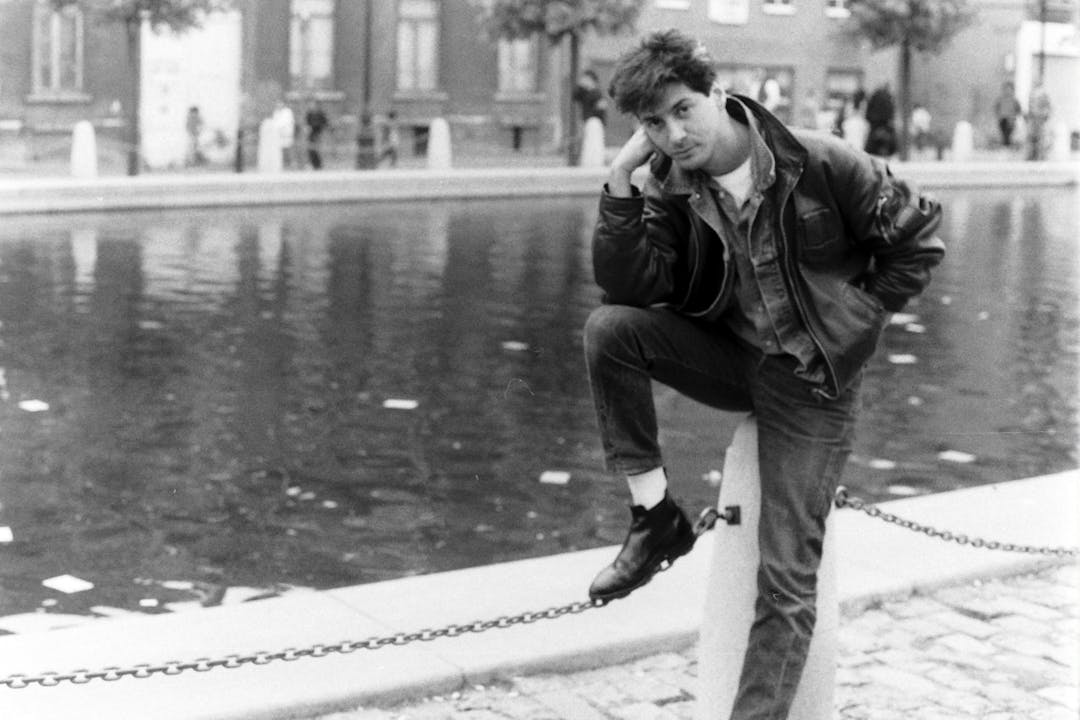
TAGTIK NEWS - TO THE POINT
Fall asleep in 15 minutes? It's possible with the "cognitive shuffle"

Are you suffering from insomnia? Is the fear of not being able to fall into a deep sleep constantly plaguing you, making your night a nightmare? To all the insomniacs out there, this method could be life-changing.
With chronic insomnia affecting 13% of adults on our planet, aged 18 to 75, we're wondering how to stop the problem and provide relief to all those whose sleep is disrupted. Well, cognitive science specialist Luc Beaudoin may have the solution for them: the "cognitive shuffle." This method, which Beaudoin pioneered, is said to allow people to fall asleep in just 15 minutes.
The Quebec psychologist explains that many people, before falling asleep, stimulate their brains by thinking about everyday worries, thus delaying sleep. Therefore, it is the highly anxious and stressed members of our society who are most affected by insomnia. To be able to let go of the day's worries and leave the mind at peace, we must think about things, objects, or actions that are completely disconnected from what is fueling our worries. "Cognitive mixing gives your brain enough stimuli to play with, but not enough coherent information to stimulate the brain's executive functions," explains Luc Beaudoin to Vogue.
As simple as a 5-letter word
The expert therefore recommends that for a good night's sleep, get comfortable in bed and select a letter at random. Then, choose a word, at least 5 letters long, that begins with that letter. The exercise continues by thinking, for each letter in the word, of a word that begins with the same letter. Each new word should be visualised, and so on until you fall asleep. Example:
The letter C
The word CAMEL
C : cat
A: airplane
M : mug
E : ear
L : leg
A method inspired by good sleepers
This technique works because it has been proven that so-called "good" sleepers fill their minds with dreamlike thoughts, so-called "hallucinatory" thoughts. These dream-like visions are completely disordered and the opposite of the worrying thoughts expressed by insomniacs. The latter focus their attention on their daily problems or even on background noises, in addition to stressing about not being able to sleep. Cognitive shuttling is therefore an excellent way to free the mind and help it find its escape, reducing the stress associated with sleeplessness. This sends a clear signal to the brain: the body is ready for sleep.
(MH with Raphaël Liset - Source : RTBF - Illustration : ©Unsplash)
LATEST NEWS

RIP: The legendary Tucker Zimmerman has passed away at the age of 84.

Born on January 18: Tom Bailey (Thompson Twins) always calls his "Doctor! Doctor!"

Born on January 17: Françoise Hardy left to find the stars in 2024

Born on January 16: Sade, the discreet gem of British soul music

Born on January 14th: Etienne Daho, always full of musical notes...

Born on January 13: Suggs (Madness), the sweet English ska madness from the 80s
Quick links